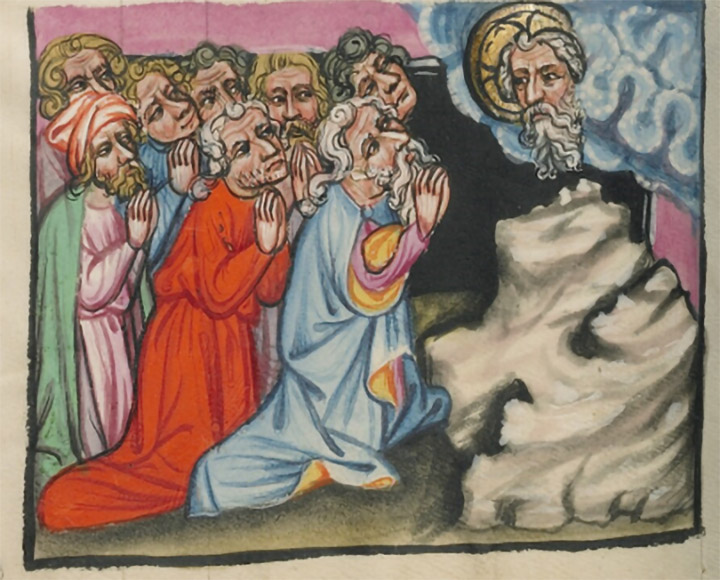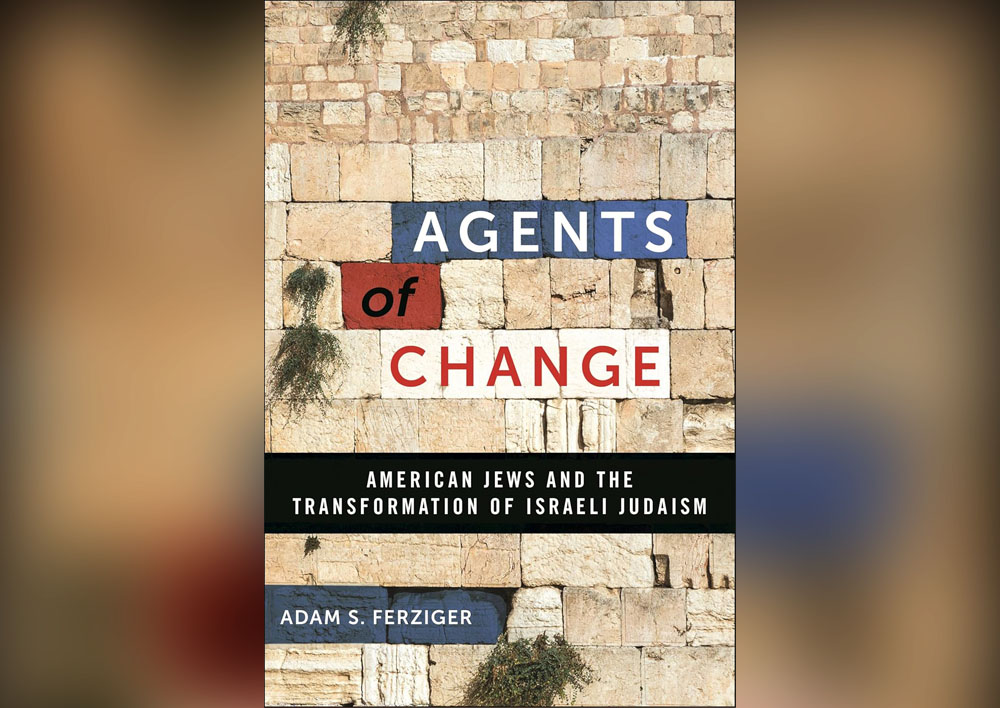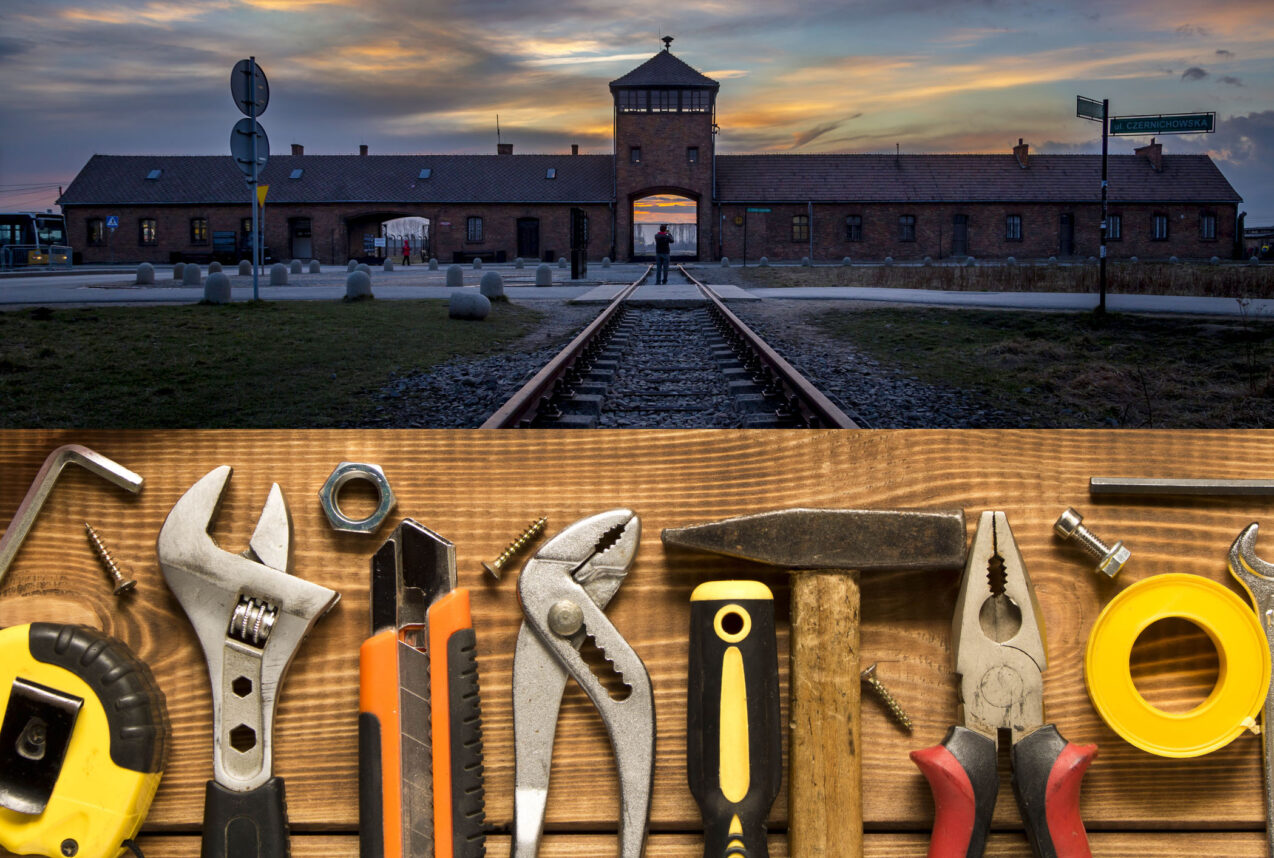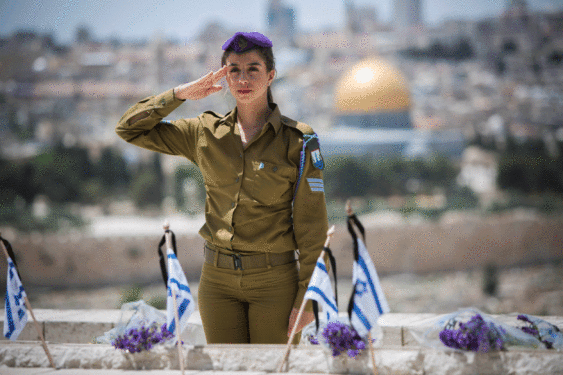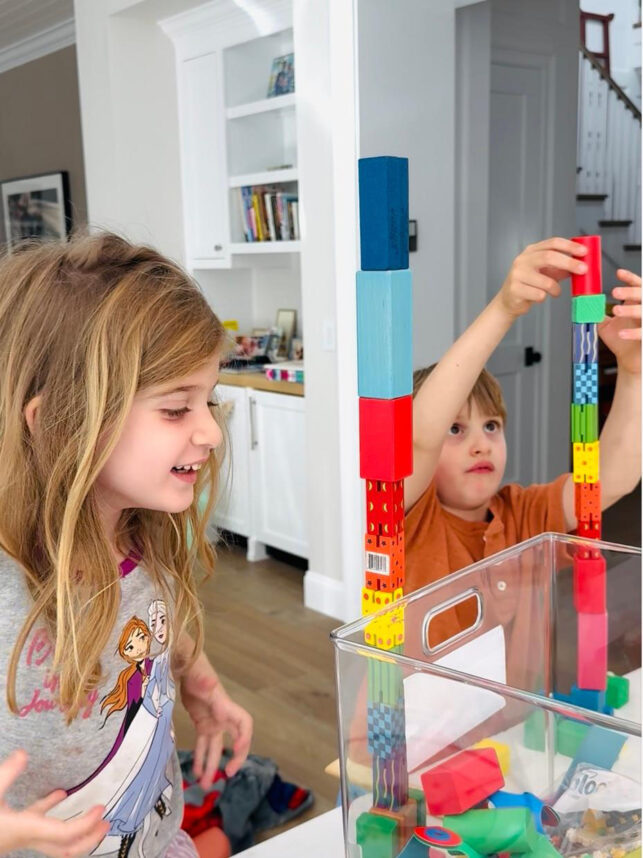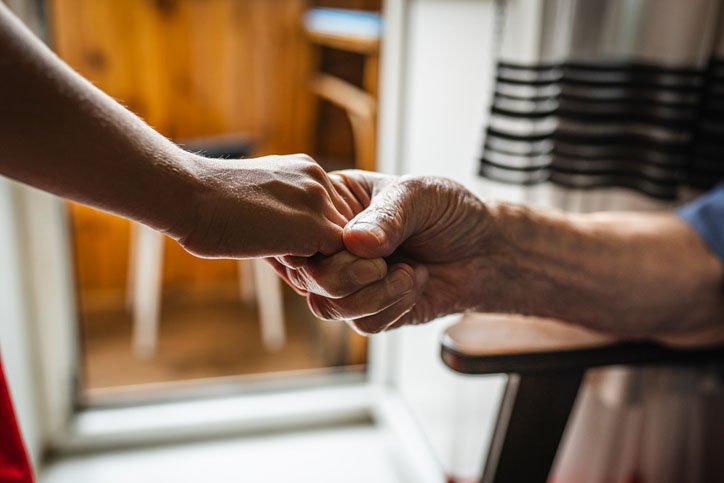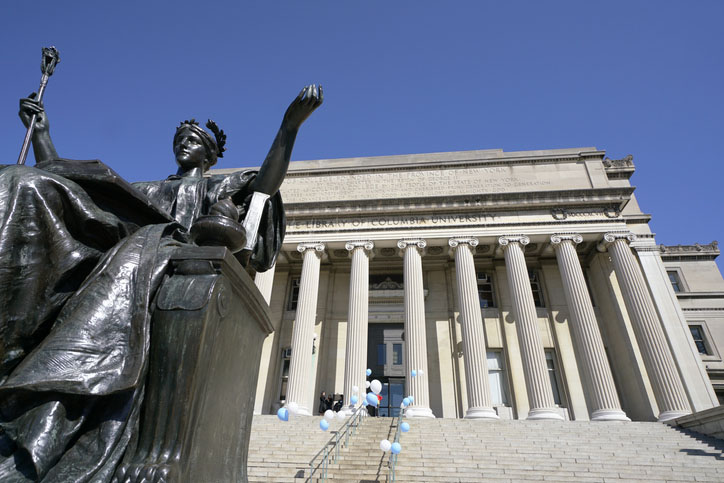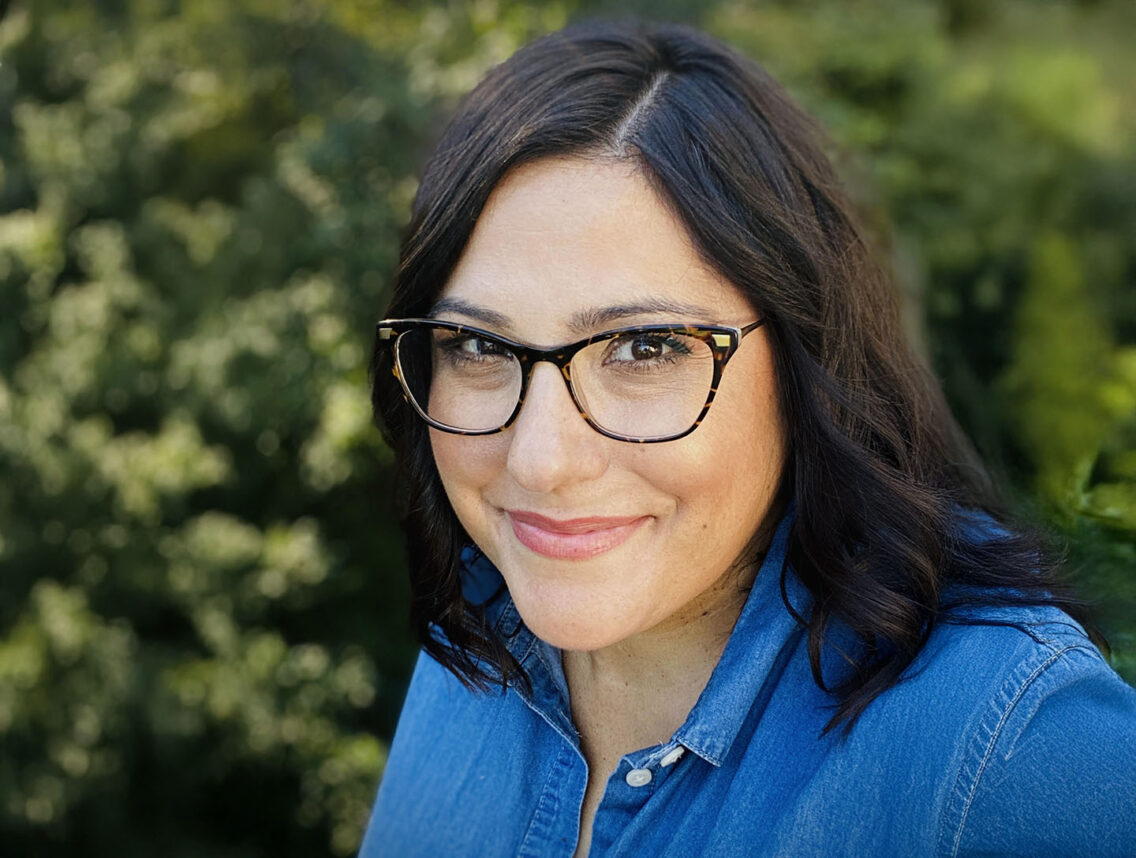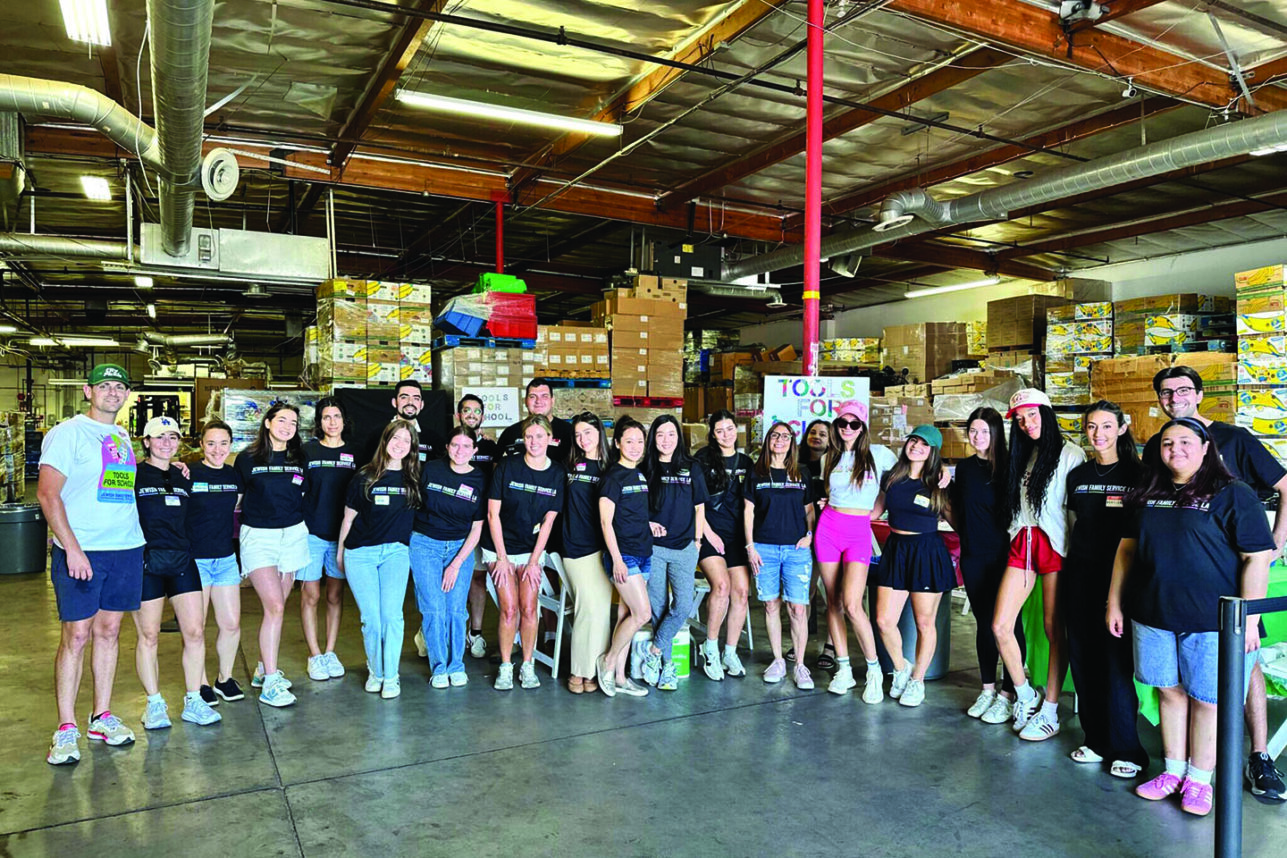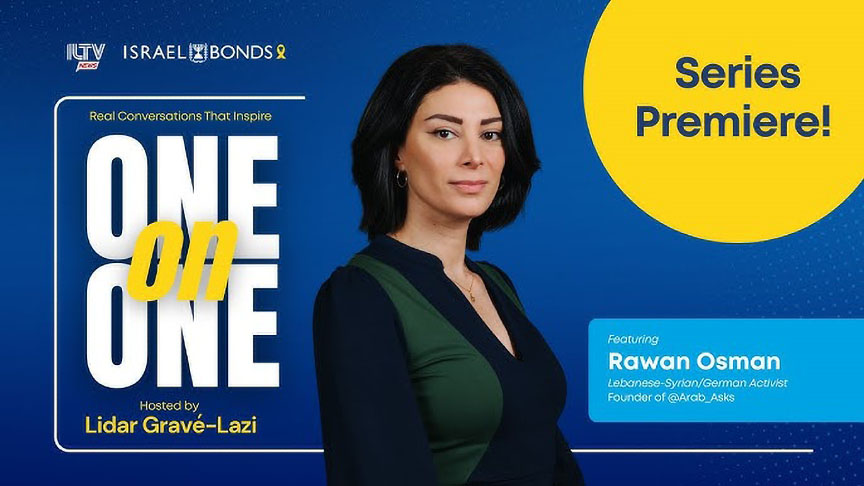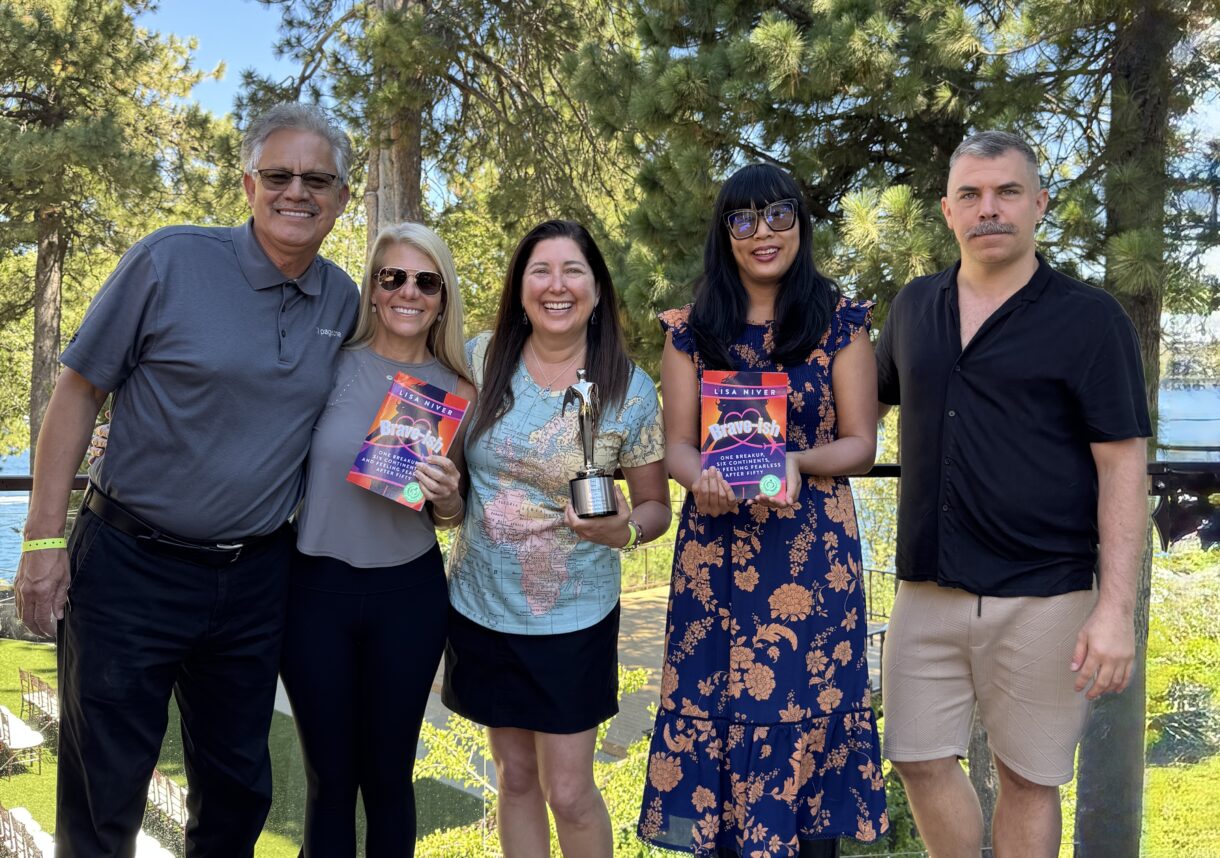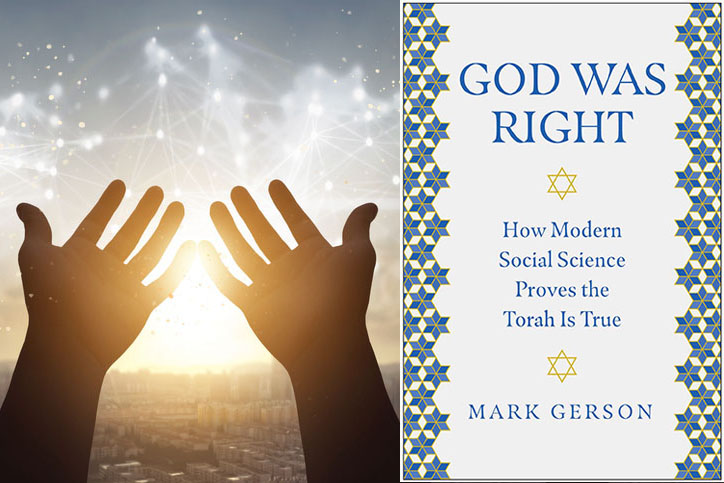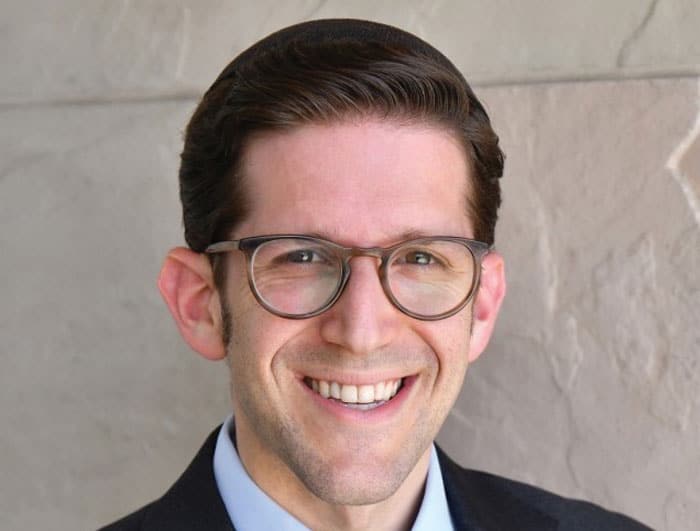
When Rabbi David Block was younger, he took a strong interest in his synagogue, Young Israel of West Hempstead in New York. He’d go on Friday nights with his father and, as a teen, he was the gabbai for the teen and young adult minyan.
“I really loved it,” he said. “It was a quiet and beautiful minyan. The fact that there were opportunities for inclusion really helped me enjoy the experience and facilitate that experience for others.”
The minyan also provided him with some of the training he’d need many years later, when he became head of school at Shalhevet High School. There, he works with the leadership team to “help them cultivate their potential and an academically rigorous environment where students enjoy learning,” he said.
The school is Modern Orthodox, which means that students learn how to engage with the outside world while staying true to their Jewish religion and heritage.
“The Torah is meant to be a guidebook that teaches us how to live in the world and develop sincere, authentic relationships with God, the Jewish community, the entire world and ourselves,” Block said. “The world has inherent spiritual potential.”
According to the rabbi, there are challenges for every generation of teens, but today, the biggest struggle is the constant distraction of the outside world.
“I don’t look at the world like something that’s against us,” he said. “All social media can be used for beautiful and very positive things, but it can be quite distracting. It doesn’t allow us to appreciate the moments they’re in.”
Instead of focusing on the quick, fleeting moments of pleasure social media can give teens, Block tries to get them to discover how to nurture their happiness through their Judaism.
Instead of focusing on the quick, fleeting moments of pleasure social media can give teens, Block tries to get them to discover how to nurture their happiness through their Judaism.
“Helping students tap into spirituality can be challenging, because it takes effort, maturity and development,” he said. “How do we move beyond the temporary pleasure and into true happiness and wellness? That’s very difficult to do.”
Another issue that seems to be popping up over and over again is extremism, since we’re living in a highly polarized society.
“Teens are constantly thinking about their own identities and about who they are,” Block said. “They are particularly susceptible to holding onto an extreme view and not seeing much nuance.”
One of the ways the rabbi, and Shalhevet, combat that extremist thinking is to hold Town Hall, a weekly event where students and teachers gather and openly exchange ideas. They speak about topics like gun reform, health care and obsessing about college admissions.
“At our Town Hall, we are able to think about things in nuanced ways and have productive meetings with each other,” he said. “The conversations we’re having, the nuance we listen to and the beauty we’re tapping into are really unique.”
Block knows how important high school is when it comes to forming one’s Jewish identity. It was in his senior year of high school that he realized he wanted to work in Jewish education, and included in that was becoming ordained.
“I wasn’t sure whether I’d go into education itself or into a pulpit position,” he said. “But I got the feeling towards the end of high school that there was this depth of the Torah that I wanted to sink into. I wanted to go into a profession that would allow me to tap into Torah more and uncover that depth.”
After graduating from high school, Block went to Yeshiva University (YU) for undergrad, where he majored in Medieval Jewish History, and then he got smicha at Rabbi Isaac Elchanan Theological Seminary at YU. He worked at NCSY, a Jewish youth group, was a teacher at the Rambam Mesivta high school in New York and then a content and curriculum developer for Aleph Beta, which makes videos on Jewish teachings. He moved to Los Angeles and started at Shalhevet in 2016.
When talking about what he hopes to accomplish with his work, Block focuses on assisting students with cultivating the most important relationship in their life: the one with their Creator.
“I don’t want every student to have an identical relationship with Hashem, because then it’s not authentic,” he said. “I help them maximize the potential God gave them in the realm of all the relationships they have. The ultimate goal is to help students become their best selves.”
Fast Takes with David Block
Jewish Journal: What’s your favorite Jewish food?
David Block: Cholent. I love a good cholent with potato kugel.
JJ: How about your favorite food in Pico-Robertson?
DB: My favorite spot is Beverly Hills Thai. I get the pad see ew.
JJ: What extracurriculars did you do in high school?
DB: I played hockey, baseball and soccer. I spent a lot of time in NCSY and I was in the Rambam band, where I played music.
JJ: Who from the Torah really resonates with you?
DB: Yoshiyahu. I think his story is just breathtaking. My wife and I named our youngest son Yoshi.









